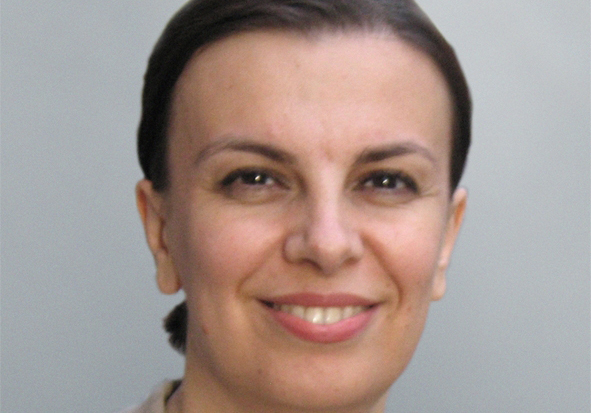The ICJ today expressed its concern at the dismissal of Judge Miroslava Todorova, a judge of the Sofia City Court, and Chairperson of the Bulgarian Judges Association.
Judge Todorova was dismissed on 12 July 2012 by the Supreme Judicial Council of Bulgaria (SJC) on the grounds that she was responsible for delays in a number of cases, which came before her seven years ago.
The ICJ called on the Bulgarian authorities to ensure a fair appeal process from the decision of the SJC in Judge Todorova’s case, and to take steps to protect the judge, as well as other members of the judiciary, from harassment or intimidation, from whatever source.
In her capacity as Chairperson of the Bulgarian Judges Association, Judge Todorova has publicly highlighted problems in the Bulgarian judicial system, and has been a leading critic of the SJC. She has drawn attention to the repeated verbal attacks on the judiciary by members of the Government, in particular by the Minister of the Interior, which pose a threat to judicial independence in the country.
The ICJ considers that the case against Judge Todorova may involve a misuse of the judicial disciplinary process to remove a judge due to her publicly expressed concerns at government interference with judicial independence.
Such misuse of the disciplinary process is contrary to the UN Basic Principles on the Independence of the Judiciary, which protect the freedom of expression of judges – Principle 8 – and the freedom of judges to form and join professional associations of judges, including for the purpose of protecting their independence (Principle 9).
If the independence of the judiciary is to be protected, it is essential that judges be free to voice their concerns at acts of the government or others that threaten the effective and independent exercise of the judicial function.
In this case, the ICJ is particularly concerned that the sanction of dismissal is a highly disproportionate and therefore inappropriate sanction for the misconduct of which Judge Todorova is accused – delay in delivering reasoned judgements in several cases. It is particularly unwarranted, given that long delays are endemic in the Bulgarian justice system, and the delay in the cases concerned is therefore not unusual.
The dismissal is contrary to principle 18 of the UN Basic Principles on the Independence of the Judiciary, under which “judges shall be subject to suspension or removal only for reasons of incapacity or behaviour that renders them unfit to discharge their duties.”
Furthermore, imposing the sanction of removal appears to run counter to the principle contained in Article 69 of the Council of Europe’s Recommendation (2010)12 of the Committee of Ministers to Member States on judges: independence, efficiency and responsibilities, which states that “disciplinary sanctions should be proportionate”.
Pursuant to the European Charter on the Statute for Judges, sanctions are subject to the principle of proportionality (para. 5.1). It is generally acknowledged that the caseload of the Sophia City Court, of which Judge Todorova is a member, is particularly heavy, up to eight times higher than that of other courts of first instance.{1}
Furthermore, it is notable that the alleged misconduct took place seven or more years ago, and the initiation of disciplinary proceedings at this late stage appears contrary to the limitation period (of one year) normally applicable under Bulgarian law.[2]
The ICJ notes that the independence of the Supreme Judicial Council, which both initiated and decided Judge Todorova’s case, and the composition of the panel of the SJC that heard the case, has been questioned by national lawyers and NGOs. The European Commission has also recently raised concerns about the SJC’s failure to protect judicial independence in general, and in Judge Todorova’s case in particular.[3]
The ICJ further understands that a file has now been sent to the prosecutor with a view to instituting criminal proceedings against Judge Todorova, suggesting an attempt to escalate harassment of the judge.
The judiciary must, in law and practice, be free from influence, threat or interference from any quarter and for any reason, as affirmed in Principle 2 of the UN Basic Principles. To that end, the relevant governmental authorities must:
- ensure that both the institutional and personal independence of judges is upheld and that appropriate measures are taken to enable judges to carry out their function without intimidation of any kind;
- ensure that Judge Todorova enjoys a fair appeals process, in line with international standards, against the decision of the Supreme Judicial Council and that if her appeal is successful, she is reinstated;
- protect Judge Todorova from further harassment.
For further information:
Róisín Pillay, Director of the Europe Programme, roisin.pillay@icj.org
Temur Shakirov, Legal Advisor, Europe Programme, temur.shakirov@icj.org




